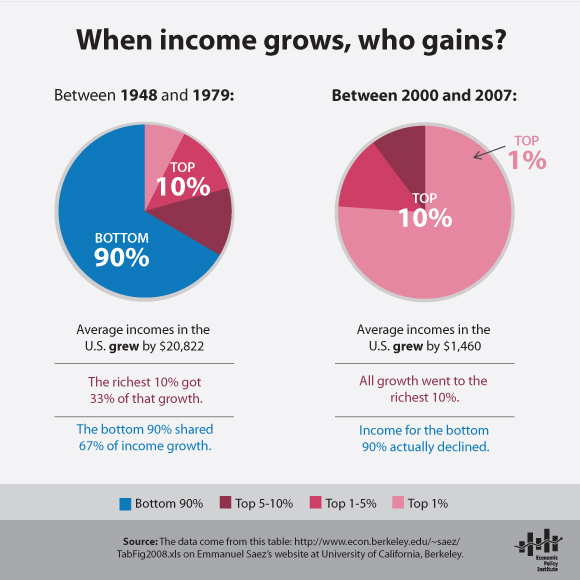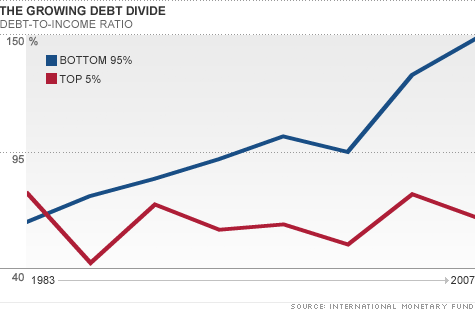Taxes. When other topics play themselves out during this presidential race, it's taxes that pops up again...and again...and again. So it may very well be that your choice for president in 2012 could come down to one question: whose tax policy do you like better? Romney's or Obama's?
I'm not going to make a case for either one here. I'm just going to describe each policy in broad strokes, according to studies by non-partisan institutions who are actually capable of understanding the overall implications of tax policy. So here goes.
Without saying whose is whose, the first policy, let's call it Policy A, would lower current tax rates for the wealthy and increase the tax burden for the middle and lower class. Policy B would raise tax rates for the wealthy and keep them unchanged for the middle and lower class. That's it, really. Choose A or B and you've got your presidential pick.
Policy A is Romney's, and it was analyzed by the Brookings Institute (Brookings Institute on Romney tax plan) and commented on by the Wall Street Journal (http://blogs.wsj.com/washwire/2012/08/01/study-romneys-tax-plan-hits-middle-class/). Policy B is Obama's, and it was also analyzed by the Brookings Institute (Brookings Institute on Obama tax plan) as well as the Tax Policy Center (Tax Policy Center on Obama tax plan). My descriptions of the fundamental effect of each tax plan comes from those publications.
Sure there are other issues in the race. Some issues may be more important to you, taxes be damned. But if you vote with your pocketbook, just find your class above to choose your candidate.
I'm not going to make a case for either one here. I'm just going to describe each policy in broad strokes, according to studies by non-partisan institutions who are actually capable of understanding the overall implications of tax policy. So here goes.
Without saying whose is whose, the first policy, let's call it Policy A, would lower current tax rates for the wealthy and increase the tax burden for the middle and lower class. Policy B would raise tax rates for the wealthy and keep them unchanged for the middle and lower class. That's it, really. Choose A or B and you've got your presidential pick.
Policy A is Romney's, and it was analyzed by the Brookings Institute (Brookings Institute on Romney tax plan) and commented on by the Wall Street Journal (http://blogs.wsj.com/washwire/2012/08/01/study-romneys-tax-plan-hits-middle-class/). Policy B is Obama's, and it was also analyzed by the Brookings Institute (Brookings Institute on Obama tax plan) as well as the Tax Policy Center (Tax Policy Center on Obama tax plan). My descriptions of the fundamental effect of each tax plan comes from those publications.
Sure there are other issues in the race. Some issues may be more important to you, taxes be damned. But if you vote with your pocketbook, just find your class above to choose your candidate.






